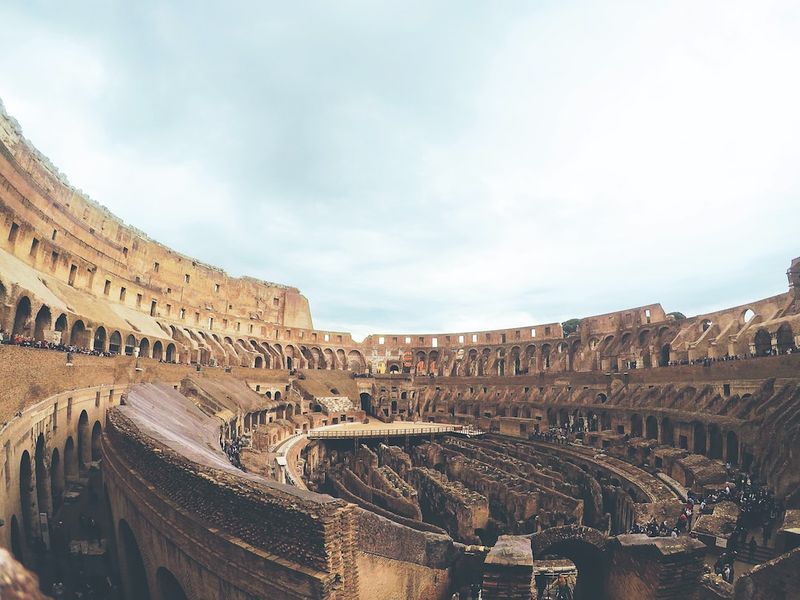Table of Contents
Remembering the Past: A Personal Journey and the Scars That Remain
Introduction: An Intimate Connection to History
In the house of the author’s childhood, wooden sculptures crafted by their maternal grandfather served as reminders of a painful past. The story unfolds against the backdrop of Chile‘s coup d’état on September 11, 1973, a defining moment in the nation’s history. The author’s family members were directly impacted by the coup, with their grandfather and great-grandfather being arrested and, tragically, their great-grandfather losing his life.
Legacy of Brutality: Detention and Escape
Imprisoned in the notorious “Casa de Techo Rojo” military compound on Chena hill, their family endured unimaginable suffering and witnessed the fatal shooting of their great-grandfather, a railway worker. The author’s grandfather and uncle managed to escape but were subjected to further cruelty and torture in various detention centers, including the National Stadium.
The Resilience of Art: Crafting Strength from Pain
Yet, amidst the horror, the author’s grandfather found solace and strength in the art of woodwork. The sculptures he created became powerful symbols, a testament to his unwavering spirit and resilience. These objects serve as enduring reminders not only of the family’s personal suffering but also of the collective resilience of the Chilean people.
A Childhood Stolen: Witnessing Suffering and Exile
Growing up with a mother who bore the scars of a stolen childhood, the author’s formative years were marked by visits to jails, break-ins at their home, and witnessing their grandmother’s anguish. Forced into exile, the family settled in France to rebuild their lives. However, their deep-rooted commitment to Chile and the goal of contributing to society never wavered.
Returning to Chile: Rebuilding and Commemorating
In the 90s, a significant part of the author’s family, including their grandparents, mother, and older sister, returned to Chile. The date of the coup, September 11th, took on an added significance for the author, as it coincided with their own birthday. The family would wake early to participate in memorial events, honoring their great-grandfather by placing a red flower at the memorial site. The day would then shift to a celebration of the author’s birthday, representing both a personal milestone and a marker of resilience.
The Fight for Justice: Remembering the Past and Shaping the Future
Fifty years after the coup, the author commemorates their great-grandfather Roberto, a revered figure in the neighborhood where a street now bears his name. Their grandfather, affectionately known as “tata,” left behind unfinished memoirs, a testament to his unwritten legacy. The author aspires to complete this book, ensuring that his voice and experiences are never forgotten.
The author believes it would be fitting to establish a square in the neighborhood dedicated to their grandfather’s memory and a museum commemorating the victims of Chena hill. These efforts would contribute to Chile‘s ongoing struggle to acknowledge and reconcile with its troubled past.
Looking Ahead: Educating the Youth and the Burden of History
The author expresses concern about the lack of awareness among young people about the country’s history. They feel weary and frustrated by this lack of interest, fearing that the sacrifices of their ancestors will be forgotten or trivialized. However, they also feel a sense of responsibility to ensure that future generations understand the nation’s past and the endurance of their family’s name.
A Call to Bravery and Remembrance
The author concludes by expressing a desire to impart a sense of bravery and remembrance to their nephews. They believe it is essential for young Chileans to hold their heads high, aware of the struggles their ancestors endured, and the indomitable spirit that has carried their family through the darkest times. By acknowledging and honoring the past, they believe Chile can move forward as a society and prevent the recurrence of such tragic events.
Conclusion: A Personal Obligation to History
The author’s reflections on their family’s profound experiences during the coup and their ongoing commitment to remembrance and justice underscore the collective responsibility to confront and learn from our shared past. Through their voice and their call for action, we are reminded of the imperative to preserve the lessons of history while actively shaping a future that upholds justice, empathy, and unity.

<< photo by Ruben Ramirez >>
The image is for illustrative purposes only and does not depict the actual situation.